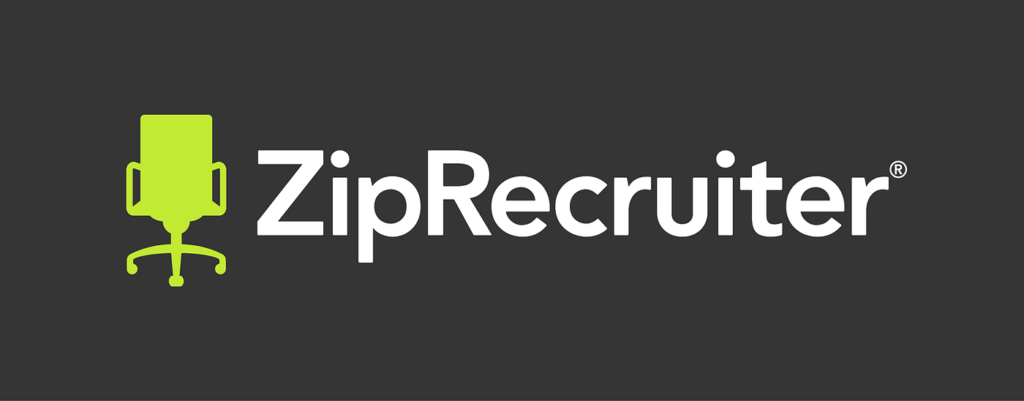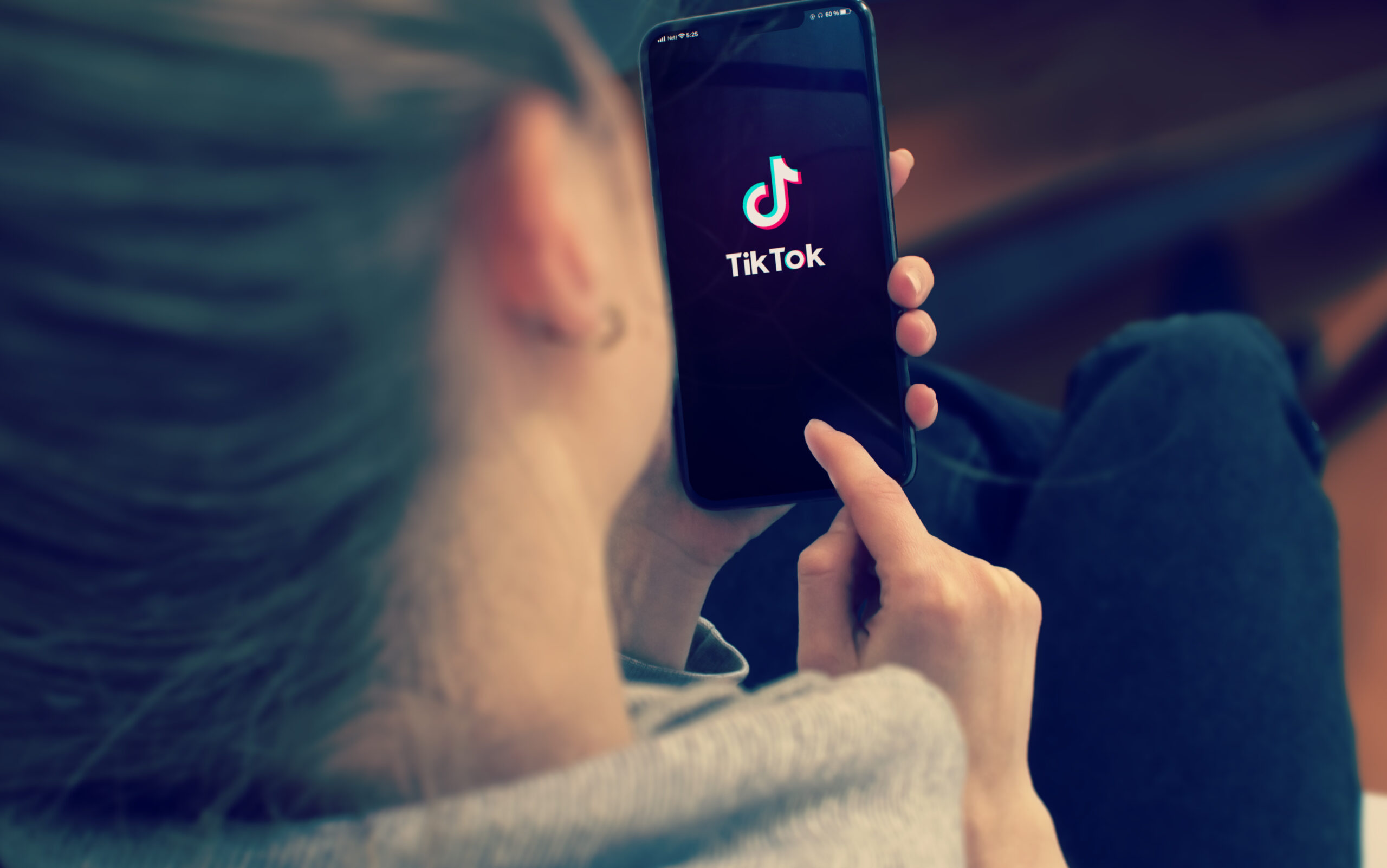The Importance of Employer Branding and Who’s Doing It Right!

In today’s fiercely competitive job market, organizations are increasingly recognizing the pivotal role of employer branding in attracting top talent. Employer branding is not just a buzzword; it’s a strategic imperative that can make or break a company’s ability to recruit and retain the best employees. In this essay, we will delve into the multifaceted world of employer branding, exploring its significance, key strategies, and real-world case studies that exemplify its transformative potential.
Defining Employer Branding
Before we delve into the role of employer branding in talent acquisition, it’s essential to understand what exactly it is. Employer branding is the process of shaping and promoting a company’s image and reputation as an employer. It encompasses everything from the company’s values, culture, and work environment to its treatment of employees, all aimed at attracting and retaining the right talent. Successful employer branding goes beyond slogans and logos; it’s about cultivating a positive perception that resonates with job seekers.
The Significance of Employer Branding
Attracting Top Talent
A strong employer brand is akin to a magnet for top talent. When a company has a reputation for being a great place to work, it attracts job seekers who align with its values and culture. This reduces the time and resources required to find and hire the right candidates, as they are more likely to proactively seek out opportunities with your organization.
Google, one of the world’s most recognized brands, offers a prime example of how employer branding can attract top talent. Its employee perks, innovative work environment, and commitment to personal development have made it a dream employer for many. As a result, Google receives millions of job applications each year, ensuring a constant influx of top-tier talent.
Retaining Talent
A strong employer brand doesn’t just attract talent; it also keeps employees engaged and motivated. When workers are proud of where they work and feel their values align with the company’s, they’re more likely to stay with the organization in the long term.
Salesforce
Salesforce is known for its commitment to employee well-being and corporate social responsibility. By aligning their branding with these values, they’ve been able to retain their workforce more effectively. In fact, Salesforce consistently ranks among the best places to work, and this reputation contributes to their impressive employee retention rate.
Key Strategies for Effective Employer Branding
Define Your Unique Value Proposition
The first step in crafting an effective employer brand is defining what sets your company apart. What values, mission, and culture make you unique? By identifying these traits, you can create a compelling narrative that appeals to job seekers who share your vision.
Patagonia
Patagonia’s unique employer brand is built around environmental stewardship, sustainability, and a passion for the outdoors. Their value proposition is crystal clear, and they attract employees who are equally committed to these causes. This alignment has been a driving force behind Patagonia’s success.
Engage Current Employees
Your employees are your best brand ambassadors. Engage them in shaping your employer brand by involving them in company initiatives, celebrating their successes, and actively seeking their feedback.
Airbnb
Airbnb fosters a sense of belonging among its employees, reflecting its core business philosophy. They engage their staff through various programs, including a “Refer a Friend” initiative that encourages employees to bring in new talent. This approach has contributed to Airbnb’s strong employer brand.
Showcase Your Culture
Job seekers want a glimpse into the workplace culture before making a decision. Use social media, company websites, and recruitment materials to highlight your work environment, team spirit, and opportunities for personal growth.
HubSpot
HubSpot is renowned for its transparency and dedication to employee growth. They have a company culture that’s celebrated through a dedicated blog, videos, and social media posts, providing potential hires with a clear view of what to expect.
Leverage Employee Testimonials
Real employees sharing their experiences can be a compelling tool for attracting and retaining talent. Employee testimonials offer authenticity and a firsthand perspective on what it’s like to work for your company.
IBM
IBM has a strong “IBMers” campaign featuring employee stories. These narratives showcase the diversity and inclusivity within the organization, as well as the opportunities for professional growth. This human-centered approach has significantly strengthened their employer brand.
Monitoring and Adapting Your Employer Brand
Building a compelling employer brand is an ongoing process. It’s crucial to continually monitor how your brand is perceived, adapt to changes in the job market, and refine your strategies accordingly.
Surveys and Feedback
Regular employee surveys and feedback mechanisms can help you gauge employee satisfaction and make necessary adjustments to your employer brand strategy.
Microsoft
Microsoft utilizes surveys and regular check-ins to collect employee feedback. Their commitment to active listening and making meaningful changes based on input has been instrumental in reshaping their employer brand.
Staying Agile
In the ever-evolving job market, staying agile is vital. Keep a close eye on industry trends, emerging technologies, and shifts in employee preferences.
Netflix
Netflix has positioned itself as a pioneer in the tech and entertainment industry. Their agility and readiness to adapt to the changing landscape has enabled them to attract top tech talent consistently.
Challenges and Pitfalls
While employer branding can be a powerful tool, it’s not without its challenges. One of the primary challenges is maintaining consistency between the external image you project and the actual employee experience.
Wells Fargo
Wells Fargo faced a major employer branding crisis in the wake of a scandal involving unethical sales practices. This discrepancy between their public image and internal practices severely damaged their reputation as an employer.
Branding is sexy again!
In an era where attracting and retaining top talent is a make-or-break proposition for businesses, employer branding emerges as a critical asset. It is a dynamic process that not only attracts talent but also fosters employee loyalty, positively impacting an organization’s long-term success.
From the exceptional workplace culture of Google to the environmental consciousness of Patagonia, and the employee-centric approach of Airbnb, these case studies demonstrate the diverse ways employer branding can transform an organization’s talent acquisition efforts. Whether it’s defining a unique value proposition, leveraging employee testimonials, or staying agile in the ever-changing job market, employer branding is a strategic approach that can set your organization on the path to attracting, retaining, and nurturing top talent.
It is important to remember that employer branding is an ongoing journey that requires continuous adaptation to remain effective. By actively engaging employees, showcasing your unique culture, and embracing transparency, you can foster an employer brand that not only attracts talent but also nurtures an environment where employees thrive.
In the end, employer branding is not just a recruitment strategy; it’s a reflection of your organization’s identity, values, and commitment to its workforce. When executed effectively, it can create a positive ripple effect, attracting and retaining the best talent while contributing to the overall success and growth of your company.











